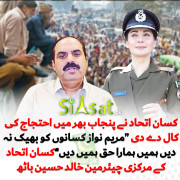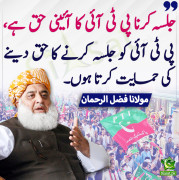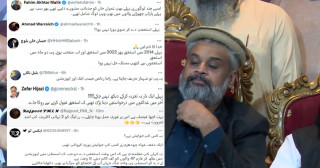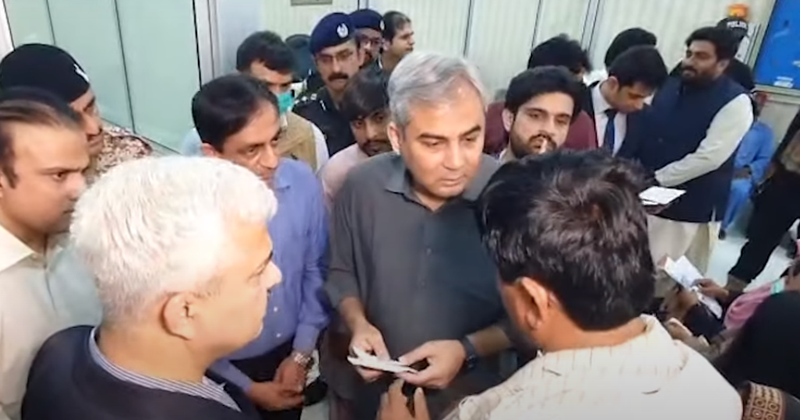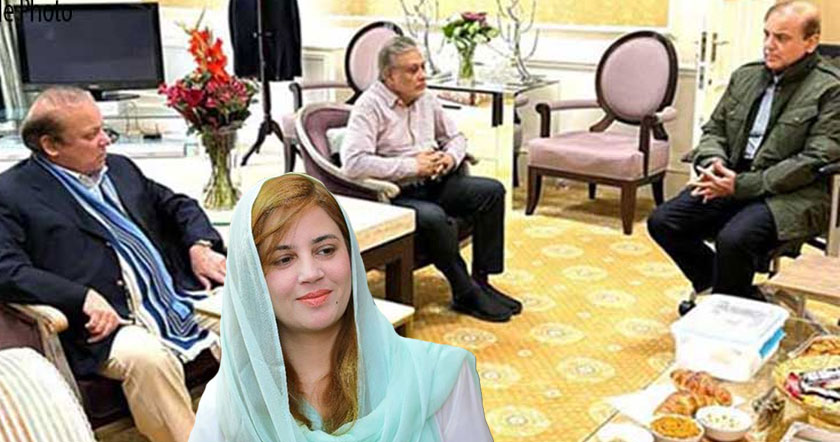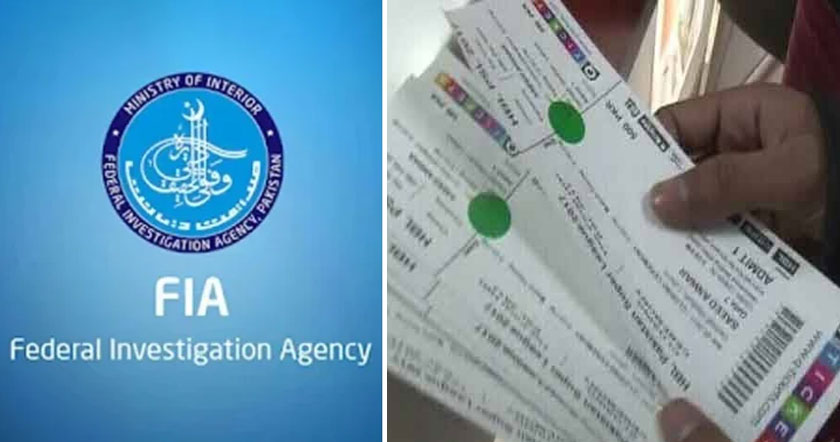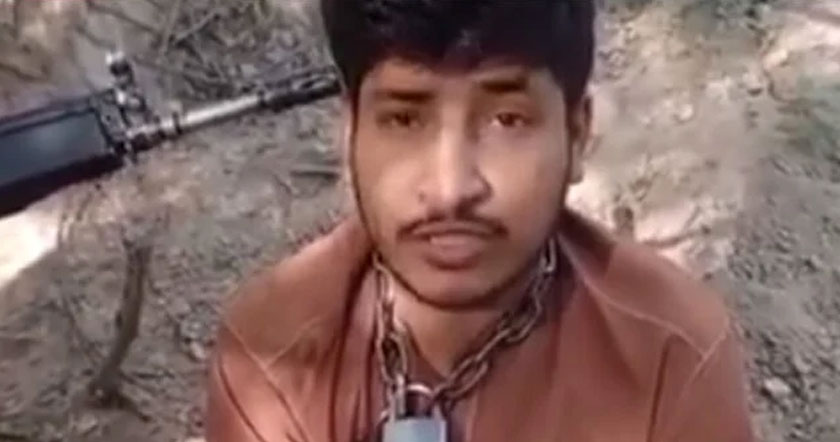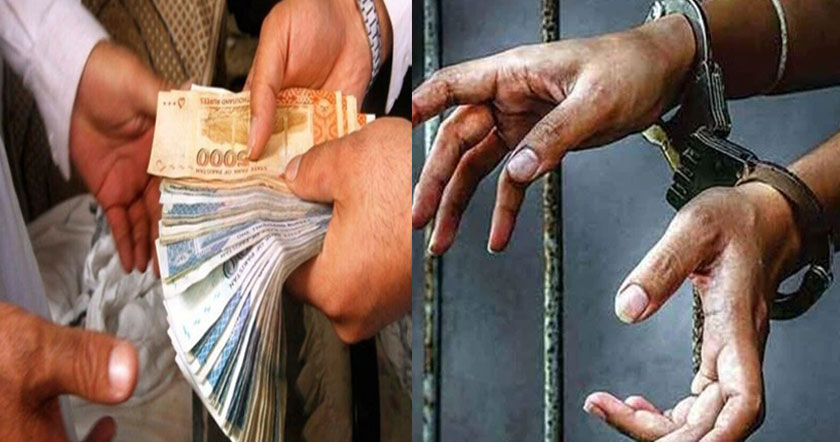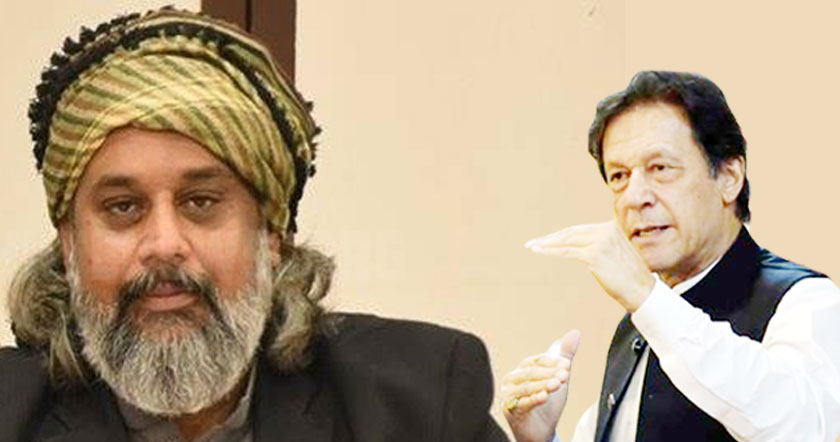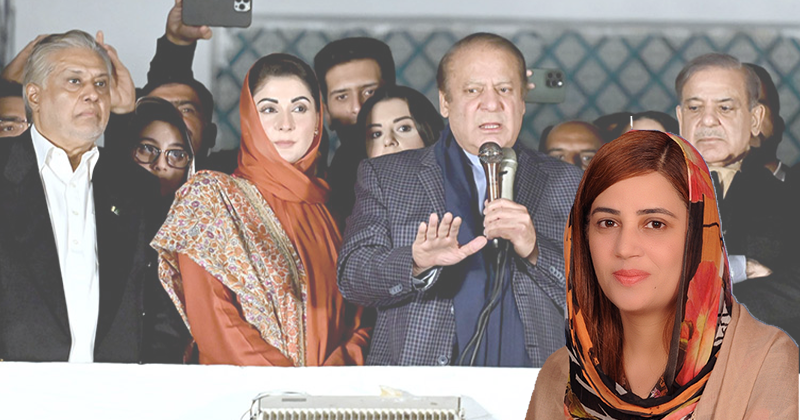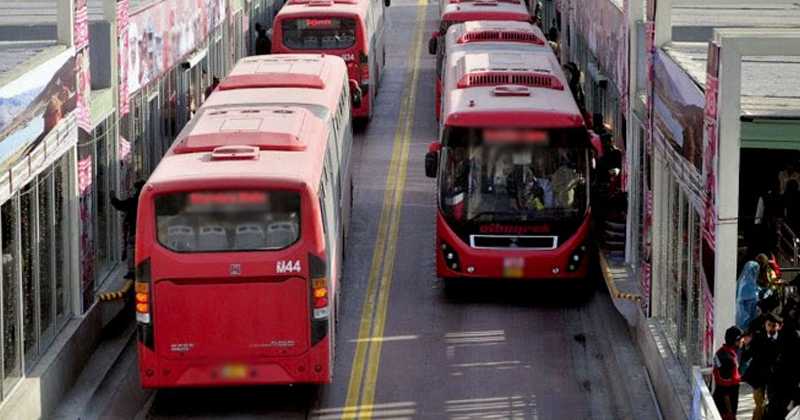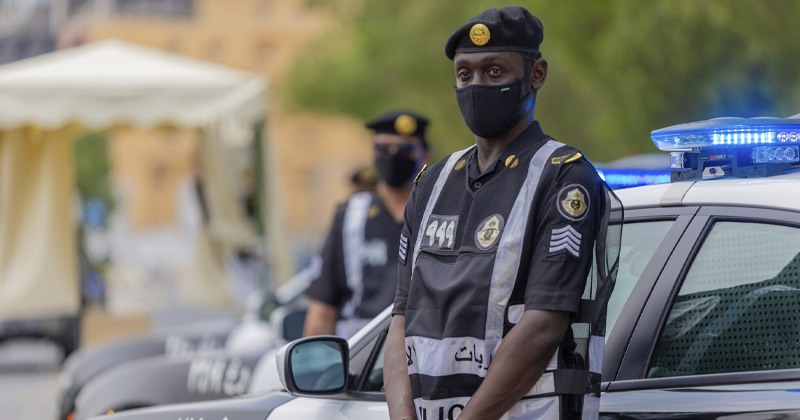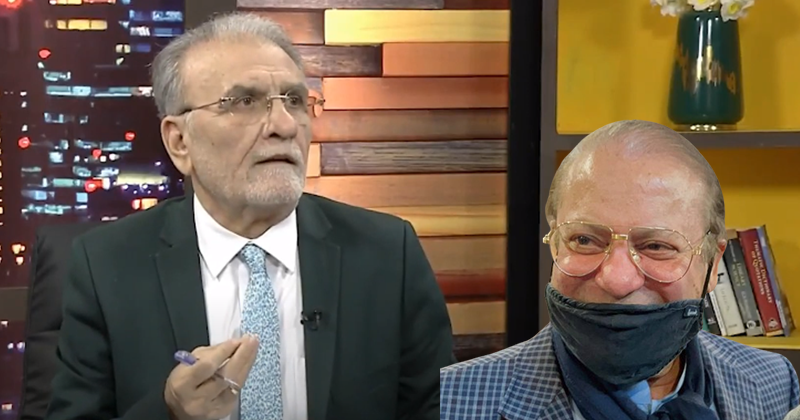
Shadow politics
Rahimullah Yusufzai
Wednesday, January 02, 2013
From Print Edition
From Print Edition

http://www.thenews.com.pk/Todays-News-9-151874-Shadow-politics
Adopting an innovative approach months before the general election, the Jamaat-e-Islami has, probably for the first time in Pakistan, named a ‘shadow’ chief minister.
The party’s choice for would-be chief minister of Khyber Pakhtunkhwa was Sirajul Haq. This was hardly surprising, as nobody else in the party was better placed or qualified for the position of chief minister in case the Jamaat-e-Islami did well in the coming polls.
Sirajul Haq is currently Jamaat-e-Islami’s central vice-president, one of the top positions in the party. He has in the past served as provincial head of the Jamaat-e-Islami in Khyber Pakhtunkhwa. In fact, he has spent his whole adult life being part of the Jamaat-e-Islami or its students’ wing, the Islami Jamiat-e-Talaba (IJT). As a student, he headed the IJT, learnt politics and positioned himself for a bigger role as a leader of the Jamaat-e-Islami.
Winning his first election for a provincial assembly seat from his native Lower Dir district in 2002 on the ticket of the Muttahida Majlis-e-Amal (MMA), he led the Jamaat-e-Islami in the cabinet of the six-party alliance as senior minister. For five years in the MMA government, from 2002-2008, he performed generally well in his job as the minister for finance and planning and development. There was no scandal against him or his Jamaat-e-Islami colleagues in the cabinet, and they had a better reputation than the JUI-F ministers at the time.
The announcement showed that the Jamaat-e-Islami was confident of doing well in the polls in Khyber Pakhtunkhwa. It may have its own reasons for arriving at this conclusion, though its performance in several assembly by-elections in recent years wasn’t inspiring. It boycotted the 2008 general elections and then, strangely, opted to take part in the by-elections. The party’s lacklustre performance in the by-polls could be due to its decision to boycott the 2008 general elections as its candidates had lost touch with voters by staying out of the polls. Besides, most voters would have thought that enabling the Jamaat-e-Islami to win a seat or two in the National Assembly or provincial assemblies would make no difference in the power equation in the country. Voters make clever choices and in most by-elections the candidates of the ruling political parties emerge victorious, not only due to the use of official resources in the campaign but also on account of the electorate’s understanding that the government would provide funds for projects to meet some of their needs.
However, the all important question is whether the Jamaat-e-Islami is strong enough to win big in the coming general elections to have its own chief minister installed. Or whether it could win enough seats to negotiate from a position of strength with other parties and demand the chief minister’s job for the Jamaat-e-Islami in a power-sharing deal. The party hasn’t announced its ‘shadow’ prime minister or chief ministers in the other three provinces because it doesn’t have realistic chances of winning enough assembly seats there to stake a claim to high offices there.
Even in Khyber Pakhtunkhwa, the party will have to work hard and make smart seat-adjustments with like-minded parties to be able to do better than it did in the past. If the past is any guide, the Jamaat-e-Islami on its own cannot win enough seats to be able to have its own chief minister. It has often contested elections as part of an alliance in the past and there is every possibility it will again form an electoral alliance or make seat-adjustments with like-minded parties in the coming polls. It could most likely make an electoral alliance with the PML-N. In Jamaat-e-Islami circles, talk of joining hands with the Pakistan Tehreek-e-Insaf (PTI) has now receded into the background. Though the chances of revival of the MMA have diminished in recent months, nothing is final in politics and the Jamaat-e-Islami and the JUI-F could still undergo a change of heart and agree to join hands again.
There are clear signs of a split mandate in Khyber Pakhtunkhwa in the coming elections. The split could be even more pronounced than the past polls due to the entry of a new party, Pakistan Tehreek-e-Insaf, in the race. If the Jamaat-e-Islami could win 10 to 15 seats in the 124-member provincial assembly, it would feel justified in demanding the chief minister’s position. But winning that many seats would be an uphill task as the Jamaat-e-Islami hasn’t achieved such a success in the past, with the sole exception of the 2002 general elections when it recorded an impressive victory from the MMA platform.
However, a split mandate would create opportunities for all those parties that are able to win 10 or more seats in the provincial assembly. This would be an opportunity for Jamaat-e-Islami to bargain for a share in the government and, if luck would have it, even to demand the chief minister’s position for Sirajul Haq.
The JUI, presently a Jamaat-e-Islami rival but an ally in the recent past, got such an opportunity after the 1970 general election and it exploited the situation to the fullest to compel the erstwhile National Awami Party (NAP), which after being banned was reborn as Awami National Party (ANP), to gift the chief minister’s job to Mufti Mahmood, the late father of Maulana Fazlur Rahman. This was despite the fact that the JUI had only a few provincial assembly seats, compared to almost four times those of the NAP. Khan Abdul Wali Khan’s NAP didn’t mind giving the chief minister’s job to the JUI as it wanted to take along the party as an ally in Balochistan also and keep its bitter rival Khan Abdul Qayyum Khan’s PML out of power.
Announcing a ‘shadow’ chief minister, or better still a ‘shadow’ cabinet, is worth trying in Pakistan. It is obvious that the Jamaat-e-Islami could take the lead as it is a relatively more disciplined party and no aspirant in the party for the chief minister’s job would challenge the decision. However, other parties too need to consider whether naming a ‘shadow’ chief minister, or perhaps even a prime minister, would serve a useful purpose. To be fair, in certain cases it could prove to be divisive in our already fractious politics. However, given the dynastic nature of Pakistani political parties and personality-centred politics, it shouldn’t be difficult for most of the parties to do so as their candidates for top jobs in the government in case of their electoral victory are already known.
Someone from these blessed families or those designated by them would be occupying the top positions in the government, whether it is president, prime minister or chief minister. The only question is whether they make the decision before or after the polls. By announcing their choices for the top public offices before the election, the political parties might limit their capacity for manoeuvring and deal-making in case of a split mandate, but they would certainly give the voters a better idea of the kind of government and leadership they should expect while casting their votes. The Jamaat-e-Islami has shown the way, even if it has optimistically named its ‘shadow’ chief minister only for one province, and other parties, if their leaders chose to do so, could follow its lead.
The writer is resident editor of The News in Peshawar. Email: rahim [email protected]


